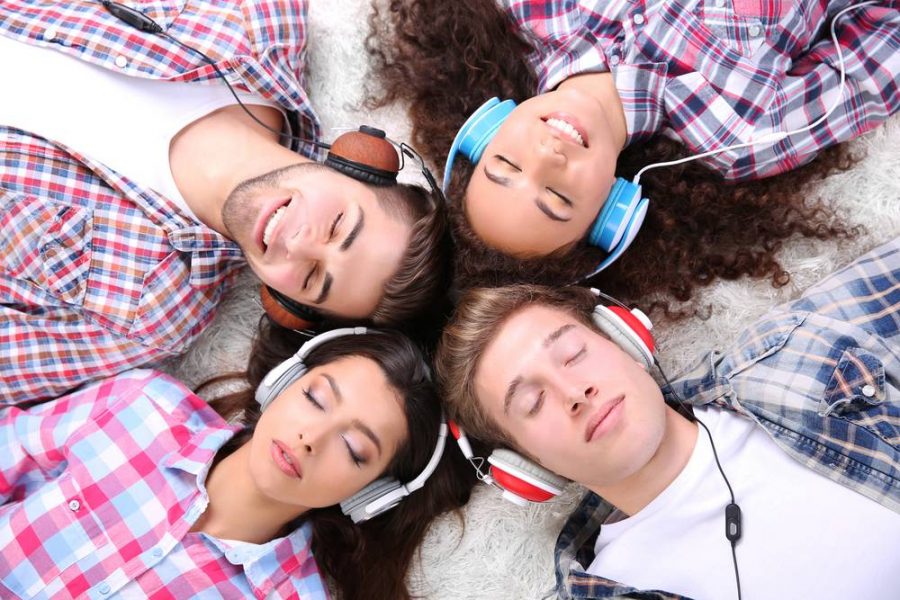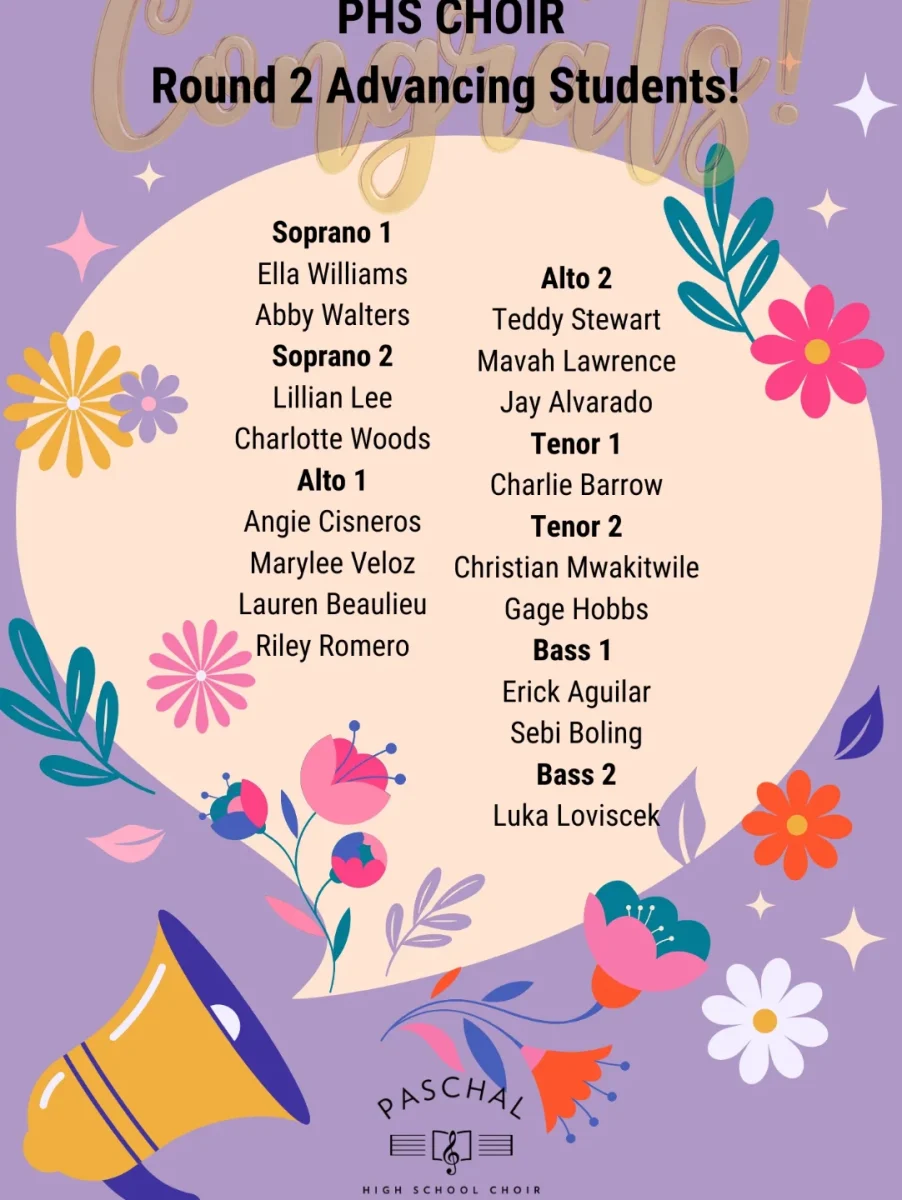Music affecting Paschal student’s moods
People choosing to listen to their own music. (Photo from https://www.thefix.com/sites/default/files/styles/article/public/music_0.jpg)
November 13, 2018
The amount of music teenagers are listening to can lead to disassociation from others and mood changes. Recent studies show that American teens are listening to an average of 32 hours of music a week, about five and a half hours a day. This consumes almost half of the day- time that could be spent talking and socializing with friends and family.
Here at Paschal, a large majority of students are constantly seen with earphones in their ears, and a large portion of these students listen to music in the hallways when traveling to their next class. There are so many different types of music out there it is impossible to know what they are listening to. In order to get a feel for what music Paschal students listen to, a poll was conducted.
The majority of students said that they preferred to listen rap or that they listened to every genre. Those who favored rap said it either, “makes them feel more focused or more “hyped””.
Those who listened to all types of music said that music makes them feel better and happier overall. In addition to rap and no preference, there was a large group that enjoyed rock and country tunes.
The students who listened to rock music said it made them feel “more confident” and the country listeners said it made them “relaxed”. All students surveyed claimed that their music benefited them in different ways.
So far the negatives do not seem to outweigh the positives of listening to music. Music provides a creative outlet for teens in a world where there aren’t many.
Gen Z experiences the highest levels of anxiety and depression in modern history. Researcher Jean M. Twenge’s study states, ”High School students today have the same anxiety levels as asylum patients in the ‘50s.” Her work claims, “…anxiety levels are associated with low social connectedness.” Could the low social connectedness be a result of the time and amplitude of music we listen to?
A main contrast between the 50s and now is the gap in technology. They could not listen to music anywhere, anytime, unlike today where music can be instantly streamed through an app, anytime. Listening to music was a different experience then, it was a social event not an isolating act. People would get together and sit and listen to records, contrasted to popping in earphones and pressing play.
Loneliness and isolation are factors that lead to depression. Music could be the root of everything occurring. Claire Bradley, a sophomore at Paschal, said, “When I listen to music I can still concentrate but I tend to be less engaged.”
The type of music students listen to should not be the big factor society is concerned about. It comes down to how much time is spent listening to music. Turning off the music can lead to better connections and better focus resulting in helping everyone feel a little bit better in the long run.
займы без отказа у петровича займзаем или займмини займ займ по паспортным даннымзайми просто займсамый безотказный займ


















